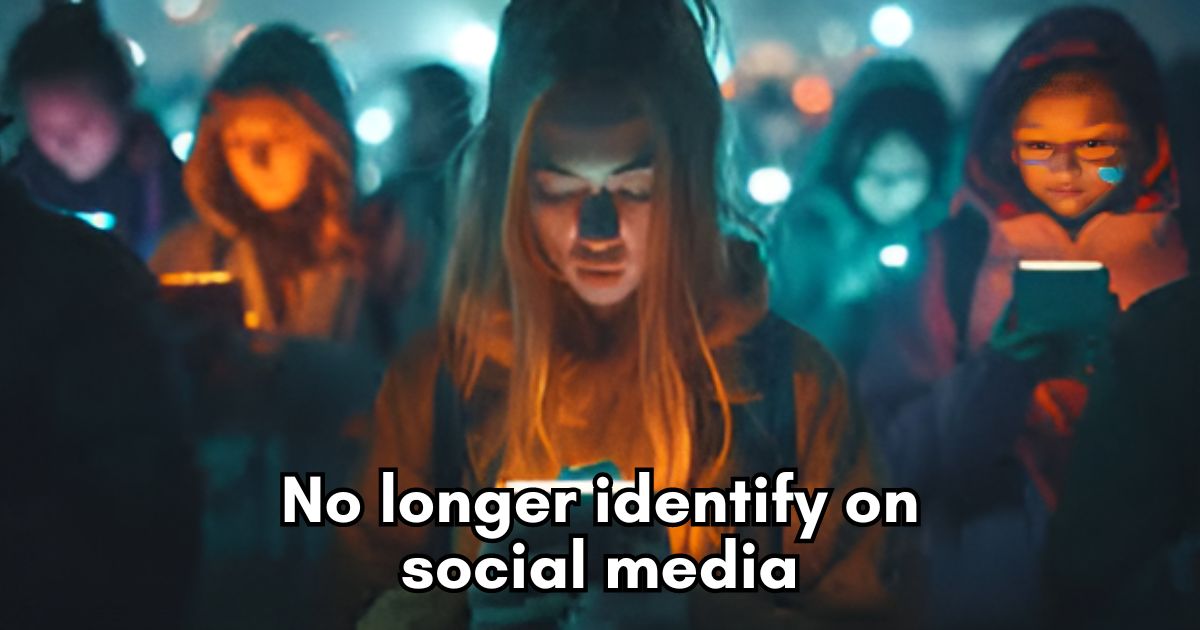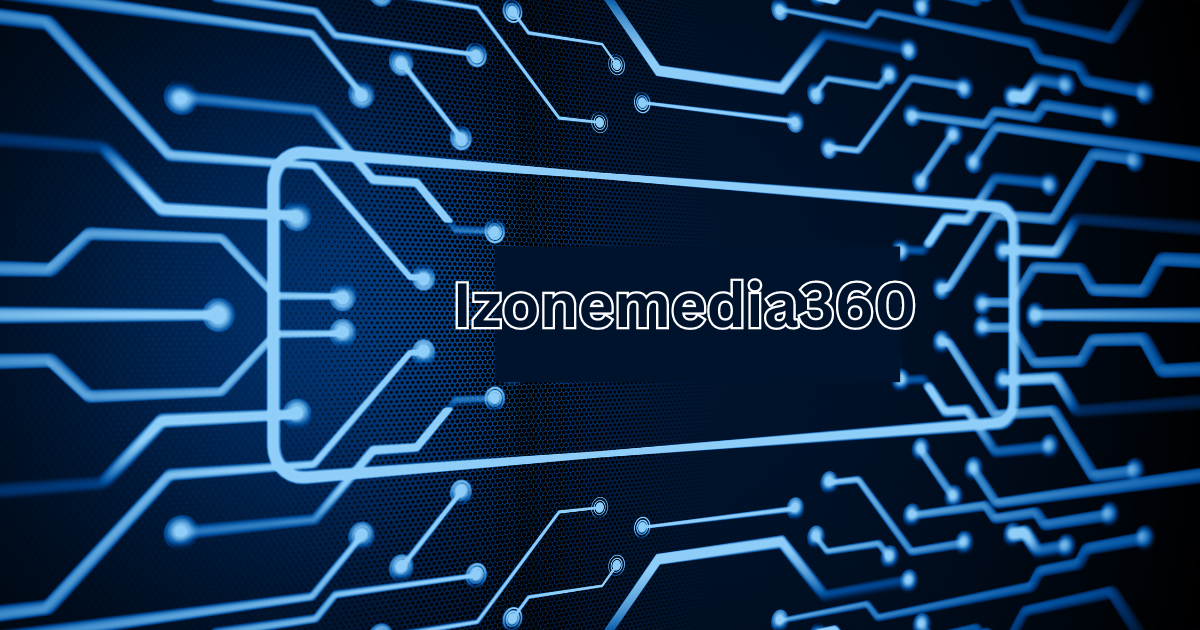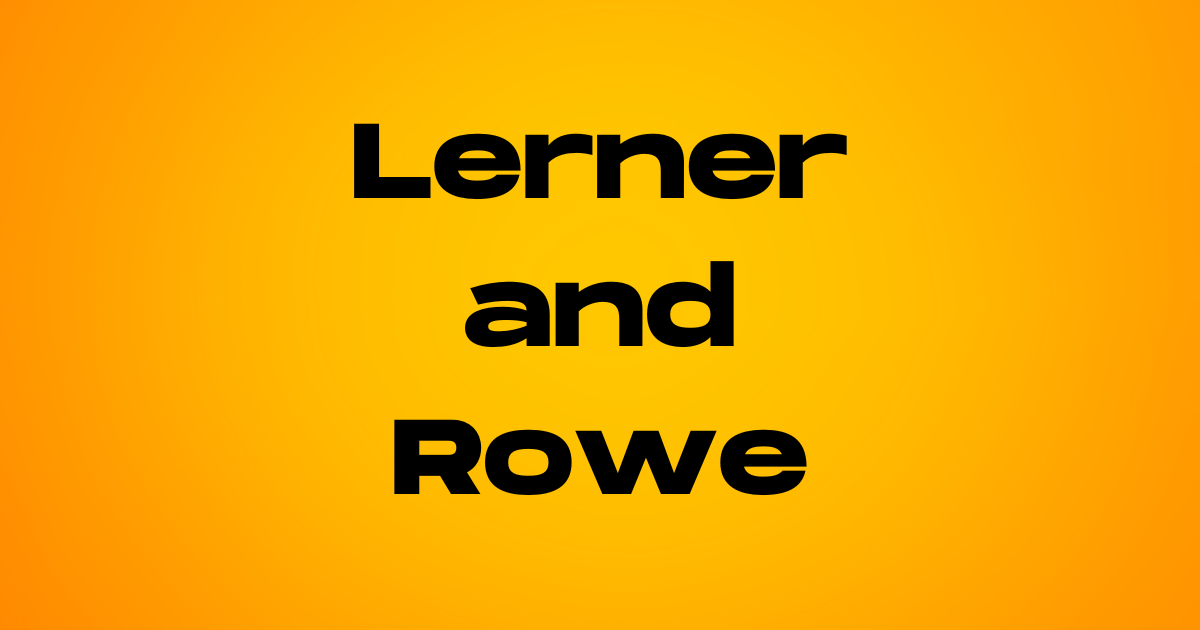The digital landscape has transformed dramatically since the advent of social media. Platforms like Facebook, Twitter, and Instagram have redefined how we communicate, share, and perceive our identities. Yet, an increasing number of people are choosing to no longer identify on social media. This shift stems from a growing awareness of the negative impacts of digital exposure and a desire for more authentic, offline interactions.
In the early days, social media was a novel way to connect with friends and share personal milestones. Over time, it evolved into a powerful tool for personal branding and self-promotion. Users curated their profiles meticulously, projecting idealized versions of their lives. This trend led to a culture where one’s online persona often overshadowed their real self, blurring the lines between reality and virtuality.
Several factors drive individuals to step back from social media. Privacy concerns, mental health issues, and a longing for genuine connections are major reasons. As awareness of these issues grows, more people are reevaluating their online presence and seeking healthier ways to engage with the world. This shift reflects a broader trend where many choose to No Longer Identify on Social Media, prioritizing their well-being over digital interactions.
Historical Context
The Evolution of Social Media
The journey of social media began with platforms like MySpace and Friendster, which focused on personal profiles and friend networks. Facebook’s launch in 2004 marked a significant shift, emphasizing real-name identities and broader social interactions. As the user base expanded, so did the features, turning social media into a multifaceted digital ecosystem encompassing everything from news dissemination to marketing.
Early Days of Online Identity
In the nascent stage, online identities were simple and straightforward. Users shared basic information, hobbies, and interests. The focus was on connecting with existing friends rather than building a public persona. This simplicity fostered genuine interactions, with less emphasis on likes, shares, or followers.
Growth of Personal Branding
As social media platforms grew, so did the concept of personal branding. Influencers, celebrities, and everyday users began to curate their profiles strategically, crafting a specific image to attract followers and engagement. This shift led to a competitive environment where online validation became a key driver of social media activity, often at the expense of authenticity.
Digital Identity in the Modern Age
Today, digital identity is complex and multifaceted. It encompasses various aspects of our lives, from professional achievements to personal beliefs. Social media has become a stage where users perform for an audience, often prioritizing public perception over personal satisfaction. This performance-driven culture can lead to stress, anxiety, and a sense of disconnection from one’s true self, prompting some to choose to No Longer Identify on Social Media.
The Role of Social Media in Identity Formation
Social media plays a significant role in shaping modern identity. It provides a platform for self-expression, allowing users to share their thoughts, experiences, and aspirations. However, it also pressures individuals to conform to societal standards and trends, which can hinder personal growth and self-discovery. The curated nature of social media often leads to a distorted self-image, affecting self-esteem and mental health.
The Impact of Social Media on Personal Lives
The pervasive influence of social media extends beyond digital interactions, impacting personal lives in profound ways. Constant exposure to idealized images and lifestyles can foster feelings of inadequacy and low self-worth. Relationships may suffer as individuals prioritize online engagement over face-to-face connections. The pressure to maintain a certain image can also lead to burnout and emotional exhaustion.
Reasons for the Change
Privacy Concerns
In an era where data breaches and privacy violations are increasingly common, many users are rethinking their social media presence. The risk of personal information being exploited or leaked has made people more cautious about sharing their lives online. Concerns about digital footprints and the permanence of online content also contribute to this shift.
Data Breaches and Their Consequences
High-profile data breaches, such as the Cambridge Analytica scandal, have highlighted the vulnerability of personal data on social media. These incidents reveal how easily personal information can be accessed, manipulated, and misused, often without the user’s knowledge. The consequences range from identity theft to targeted advertising and political manipulation, underscoring the need for greater privacy protections and encouraging more people to No Longer Identify on Social Media.
Protecting Personal Information
In response to these threats, users are becoming more vigilant about their digital privacy. They are adopting measures such as tightening security settings, using pseudonyms, and limiting the amount of personal information shared online. Some are taking the more drastic step of deactivating their accounts entirely, opting to safeguard their privacy by minimizing their digital footprint.
Mental Health Impacts
The correlation between social media use and mental health issues is well-documented. Excessive social media consumption can lead to anxiety, depression, and other psychological problems. The relentless comparison to others, cyberbullying, and the pressure to present a perfect life contribute to these adverse effects, prompting some users to disconnect for the sake of their well-being.
Social Media and Anxiety
Social media platforms are designed to be addictive, with features like notifications and infinite scrolling keeping users engaged. This constant connectivity can lead to anxiety, as users feel compelled to stay updated and respond promptly. The fear of missing out (FOMO) exacerbates this anxiety, making it difficult for individuals to unplug and relax.
The Pressure of Online Perfection
The curated nature of social media encourages users to present an idealized version of themselves, often highlighting achievements and positive experiences while downplaying failures and challenges. This creates a skewed reality where everyone else seems to be leading a perfect life, leading to feelings of inadequacy and self-doubt among users who compare themselves unfavorably. This phenomenon contributes to the growing trend where individuals choose to no longer identify on social media as a means to avoid these negative psychological effects.
Desire for Authenticity
In a world dominated by digital interactions, there is a growing desire for authenticity and genuine connections. Many users are tired of the superficiality of social media and yearn for more meaningful engagements. This desire drives them to step back from online platforms and focus on building real-life relationships based on trust and mutual understanding.
Real Life vs. Online Persona
The disparity between one’s online persona and real-life self can lead to cognitive dissonance, causing stress and dissatisfaction. By disconnecting from social media, individuals can reconcile these differences, leading to a more harmonious and authentic existence. This shift allows for personal growth and self-acceptance, free from the constraints of digital validation.
Seeking Genuine Connections
True connections are built on trust, empathy, and shared experiences, which are often lacking in online interactions. By prioritizing face-to-face communication, individuals can foster deeper relationships that provide emotional support and fulfillment. This focus on authenticity helps to combat the isolation and loneliness that can result from excessive social media use.
Social Implications
Changing Social Norms
The decision to no longer identify on social media reflects broader shifts in societal attitudes toward digital life. As awareness of the negative impacts of social media grows, more people are embracing digital minimalism and prioritizing offline interactions. This change in norms is reshaping how we connect, communicate, and build communities.
Acceptance of Digital Minimalism
Digital minimalism advocates for a more intentional use of technology, focusing on quality over quantity. This philosophy is gaining traction as people seek to reduce digital clutter and enhance their overall well-being. By minimizing their social media presence, individuals can reclaim their time and attention, leading to a more balanced and fulfilling life.
Also Read: Mircari Travel Blog
Trends in Social Media Usage
Current trends indicate a decline in traditional social media usage, particularly among younger generations. Platforms like Instagram and Facebook are seeing reduced engagement as users migrate to alternative forms of digital interaction, such as messaging apps and private networks. This shift reflects a desire for more private and meaningful online experiences.
Effects on Relationships
The impact of social media on relationships is multifaceted, influencing everything from communication patterns to emotional intimacy. By choosing to no longer identify on social media, individuals can mitigate some of the negative effects and strengthen their real-life connections.
Online vs. Offline Interactions
Online interactions are often characterized by brevity and superficiality, lacking the depth and nuance of face-to-face communication. By focusing on offline interactions, individuals can develop stronger emotional bonds and foster a sense of community. This shift promotes empathy, understanding, and mutual support, which are essential for healthy relationships.
Building Deeper Connections Offline
Disconnecting from social media allows individuals to invest more time and effort into their offline relationships. This investment can lead to deeper connections and a greater sense of belonging. By engaging in activities that promote face-to-face interaction, such as group hobbies, community events, and family gatherings, people can cultivate meaningful relationships that enrich their lives.
Practical Steps to Disconnect
Assessing Your Social Media Use
The first step towards reducing social media dependence is to evaluate your current usage patterns. By understanding how and why you use social media, you can identify areas for improvement and develop a plan to reduce your online presence.
Conducting a Personal Audit
A personal audit involves tracking your social media activity over a specific period. Note how much time you spend on each platform, the types of content you engage with, and how these interactions make you feel. This audit can reveal patterns and triggers, helping you understand the impact of social media on your life and decide if you should no longer identify on social media.
Identifying Triggers and Stressors
Social media use is often driven by specific triggers, such as boredom, loneliness, or the need for validation. By identifying these triggers, you can develop healthier coping mechanisms and reduce your reliance on social media. For example, instead of scrolling through your feed when feeling lonely, you could call a friend or engage in a hobby.
Gradual Reduction Strategies
Reducing social media use doesn’t have to be an all-or-nothing approach. Gradual reduction strategies can help you transition smoothly and sustainably, minimizing the risk of relapse.
Limiting Screen Time
Set specific limits on your daily or weekly social media usage. Use apps or built-in phone features to track and restrict your screen time. Gradually decrease these limits until you reach a level of use that feels healthy and manageable.
Unfollowing and Unfriending
Streamline your social media experience by unfollowing accounts that don’t add value or cause stress. Focus on following people and pages that inspire, educate, or entertain you in a positive way. This curation can make your social media feed more enjoyable and less overwhelming.
Complete Social Media Detox
For some, a complete social media detox may be the most effective way to break free from digital dependence. This approach involves deactivating accounts and stepping away from all social media platforms for a set period.
Deactivating Accounts
Temporarily deactivating your social media accounts can give you a break from digital distractions and help you reassess your online habits. This step is reversible, allowing you to reactivate your accounts if you choose to return to social media in the future.
Finding Alternative Communication Methods
During your detox, explore alternative ways to stay connected with friends and family. Phone calls, text messages, emails, and face-to-face meetings can provide more meaningful interactions and help you maintain your relationships without relying on social media.
Digital Alternatives
Reconnecting in Real Life
Focusing on real-life interactions can provide a sense of fulfillment and connection that social media often lacks. By investing time and energy into offline activities, you can build a richer, more satisfying social life.
Engaging in Offline Activities
Participate in hobbies, sports, volunteer work, and other activities that interest you. These pursuits can help you meet new people, develop new skills, and find joy in real-world experiences. Engaging in offline activities also provides a healthy balance to digital consumption.
Strengthening In-Person Relationships
Make an effort to spend quality time with friends and family. Plan regular get-togethers, share meals, and engage in meaningful conversations. These interactions can strengthen your bonds and provide emotional support, enhancing your overall well-being.
Embracing Digital Minimalism
Digital minimalism encourages a more intentional and mindful use of technology. By adopting this philosophy, you can create a healthier relationship with digital devices and focus on what truly matters.
The Benefits of a Simplified Digital Life
A simplified digital life reduces stress, improves mental clarity, and frees up time for more meaningful pursuits. By minimizing digital distractions and choosing to no longer identify on social media, you can enhance your productivity, creativity, and overall quality of life.
Tools and Resources for Minimalist Living
Several tools and resources can help you embrace digital minimalism. Apps like Freedom, StayFocusd, and Moment can block distracting websites and track your screen time. Books, blogs, and podcasts on minimalism can provide inspiration and practical tips for simplifying your digital life.
Personal Stories
Case Studies
Hearing from individuals who have successfully reduced or eliminated their social media use can provide valuable insights and motivation. These case studies highlight the challenges and benefits of stepping back from social media.
Stories of People Who No Longer Identify on Social Media
Many people have shared their experiences of disconnecting from social media, citing improved mental health, better relationships, and increased productivity. These stories can inspire and guide others considering a similar path.
The Impact of Disconnecting on Their Lives
By no longer identifying on social media, individuals often report a greater sense of peace, clarity, and fulfillment. They find more time for personal growth, hobbies, and meaningful connections, leading to a more balanced and satisfying life.
Expert Opinions
Experts in psychology, digital wellness, and social media can provide valuable insights into the effects of social media use and the benefits of reducing online presence. Their perspectives can help individuals make informed decisions about their digital habits.
Insights from Psychologists and Social Media Experts
Psychologists emphasize the importance of balancing online and offline interactions for mental health. Social media experts highlight the need for mindful usage and the potential benefits of stepping back from digital platforms. These insights can guide individuals in creating a healthier relationship with social media.
Benefits of Reducing Social Media Presence
Reducing social media presence can lead to numerous benefits, including improved mental health, stronger relationships, and increased productivity. By prioritizing offline interactions and mindful digital use, individuals can enhance their overall well-being and quality of life.
Challenges and Solutions
Dealing with FOMO (Fear of Missing Out)
FOMO is a common challenge when reducing social media use. Understanding and addressing this fear can help individuals transition to a healthier digital life.
Understanding FOMO
FOMO stems from the belief that others are experiencing more enjoyable or fulfilling activities, leading to anxiety and a fear of missing out. Social media exacerbates this fear by constantly showcasing curated highlights of others’ lives.
Strategies to Overcome It
To combat FOMO, focus on the present moment and appreciate your own experiences. Practice gratitude and mindfulness to reduce anxiety and enhance your sense of contentment. Limiting social media exposure and engaging in fulfilling offline activities can also help alleviate FOMO.
Maintaining Professional Presence
For many professionals, social media is an essential tool for networking and career growth. Balancing personal privacy and professional needs can be challenging but is achievable with mindful strategies.
Balancing Personal Privacy and Professional Needs
Separate your personal and professional online presence by using different accounts or platforms. Be selective about the information you share and adjust privacy settings to protect your personal life. Focus on quality connections and meaningful engagements rather than accumulating a large following.
Alternative Professional Networking Platforms
Consider using professional networking platforms like LinkedIn, which offer a more focused and business-oriented environment. Engage in industry-specific forums, attend networking events, and build relationships through direct communication to maintain a strong professional presence without relying solely on social media.
The Future of Social Media
Predictions and Trends
The landscape of social media is constantly evolving, with emerging trends and technologies shaping its future. Understanding these changes can help individuals navigate their digital lives more effectively.
The Decline of Traditional Social Media
Traditional social media platforms are experiencing a decline in user engagement, particularly among younger generations. This shift reflects a desire for more meaningful and private digital interactions, leading to the rise of alternative platforms and communication methods.
Emerging Platforms and Technologies
New platforms and technologies are emerging that prioritize privacy, authenticity, and user control. Decentralized social networks, private messaging apps, and virtual reality environments are examples of innovations that offer a different approach to online interactions. These alternatives may shape the future of digital identity and social media.
Evolving Digital Identities
As technology continues to advance, digital identities will evolve, offering new ways for individuals to express themselves and connect with others. Understanding these changes can help individuals navigate the digital landscape more effectively.
How People May Identify in the Future
In the future, digital identities may become more fluid and dynamic, allowing individuals to present different aspects of themselves in various contexts. Virtual reality and augmented reality technologies may enable more immersive and interactive online experiences, transforming how we connect and communicate.
The Role of Virtual Reality and Augmented Reality
Virtual reality (VR) and augmented reality (AR) technologies offer new possibilities for digital interactions. VR can create immersive environments for socializing, gaming, and working, while AR can enhance real-world experiences with digital overlays. These technologies may redefine digital identity and social media, providing more engaging and meaningful ways to connect.
Conclusion
The decision to no longer identify on social media is a personal and transformative journey. It involves reevaluating one’s digital habits, prioritizing offline interactions, and embracing a more mindful approach to technology use. By understanding the reasons behind this shift and exploring practical steps to disconnect, individuals can create a healthier and more fulfilling digital life.
FAQs
Why do people choose to no longer identify on social media?
People choose to no longer identify on social media for various reasons, including privacy concerns, mental health impacts, and a desire for more authentic interactions. The pressure to maintain a perfect online persona and the negative effects of constant comparison can lead individuals to seek a healthier balance between their digital and real lives.
How can I protect my privacy if I still use social media?
To protect your privacy on social media, adjust your account settings to limit the visibility of your personal information. Use strong, unique passwords and enable two-factor authentication. Be mindful of the information you share and avoid posting sensitive details. Regularly review and update your privacy settings to stay secure.
What are the mental health benefits of reducing social media use?
Reducing social media use can alleviate anxiety, depression, and stress associated with constant connectivity and comparison. It allows individuals to focus on real-life interactions, fostering deeper connections and a sense of belonging. This shift can lead to improved mental clarity, emotional well-being, and overall life satisfaction.
Are there any professional disadvantages to not being on social media?
While social media can be valuable for professional networking and career growth, there are alternative ways to maintain a strong professional presence. Use platforms like LinkedIn, engage in industry-specific forums, attend networking events, and build relationships through direct communication. Balancing personal privacy and professional needs can be achieved with mindful strategies.
How can I maintain connections without social media?
To maintain connections without social media, prioritize face-to-face interactions, phone calls, and text messages. Plan regular meetups with friends and family, and engage in shared activities that foster meaningful interactions. Email and video calls can also provide a personal touch, helping you stay connected and build stronger relationships.









